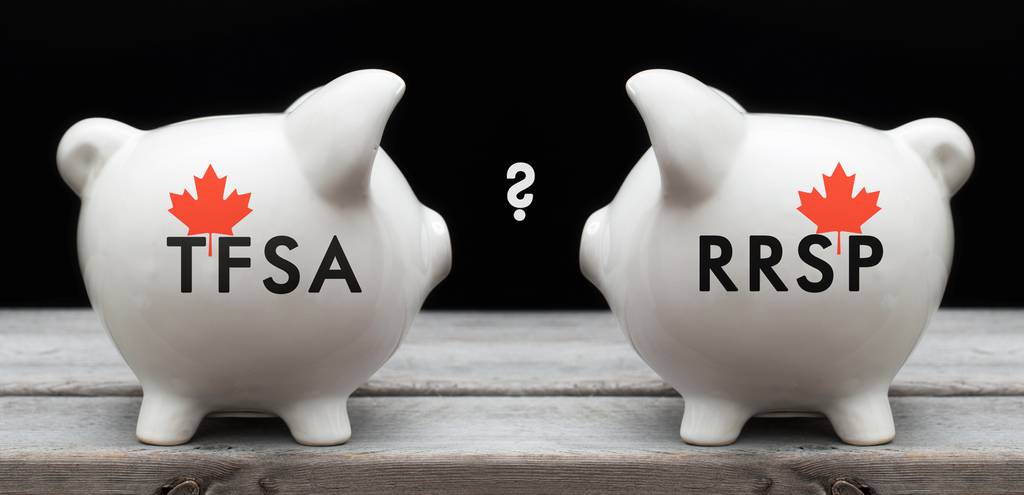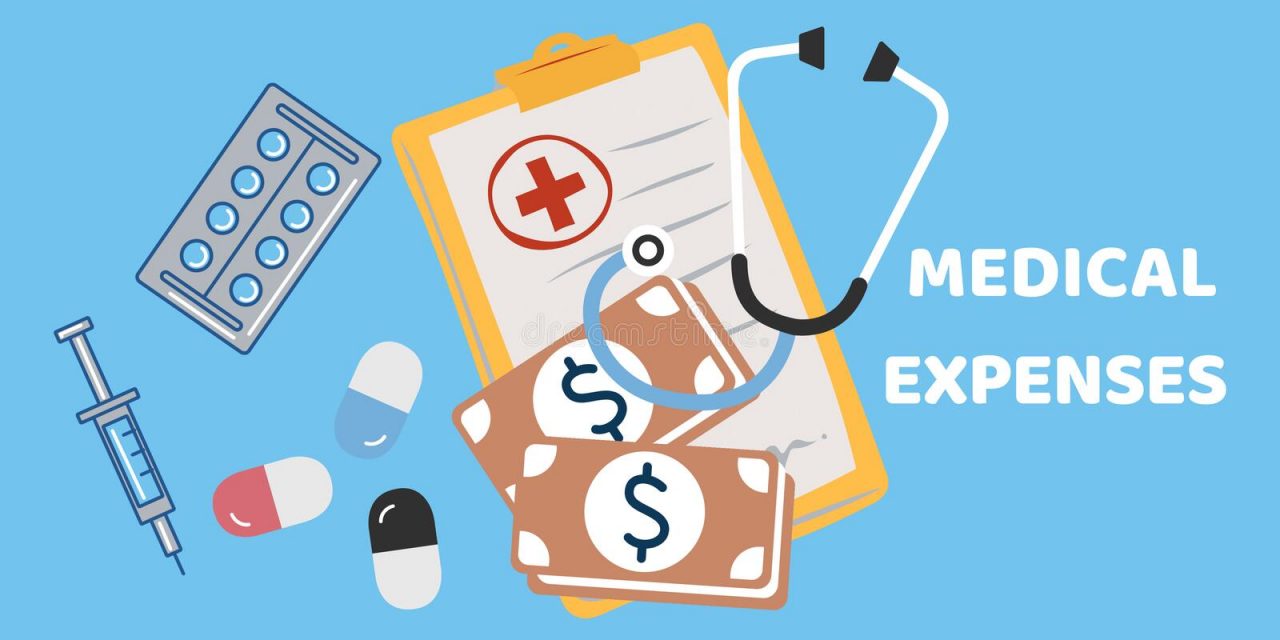The approaching end of one calendar year and the start of another often causes individuals to reflect on their current life circumstances and on whether the new year might be the time to consider making a change – even a major change – in those circumstances.
featured Archives - Akler Browning LLP
As the holiday season approaches, and plans are made for seasonal celebrations and gift-giving, the idea that such activities could have tax consequences isn’t one that occurs to most Canadians. And, in most situations, there is no need to consider that unwelcome possibility, as our tax system has no application where gifts are given and parties held between and among friends and family members. However, where the gift giver or person or company sponsoring the holiday celebration is the employer of the recipient employee, there can be unintended (and unwanted) income tax consequences for that employee.
December 31, 2025 marks not just the end of the calendar year, but the end of the 2025 tax year for every individual Canadian taxpayer. Most Canadians are thinking about anything but income taxes during the holiday season, but the reality is that December 31 is often a critical date when it comes to determining how much tax one will pay for 2025. In some cases, steps need to be taken by December 31 in order to obtain administrative relief from interest or penalty charges which have been imposed by the Canada Revenue Agency. In other cases, not taking certain actions prior to the end of the calendar year will mean losing out on deductions and credits which might otherwise have been claimed on the return for 2025, and which would have reduced tax payable for the year. And a failure to meet that December 31 deadline cannot be remedied: in almost all cases, only actions taken prior to the end of the year can lower 2025 taxes payable.
In recent months, the housing market pendulum has swung more toward affordability for first-time home buyers than it has in several years, for two reasons. First, after years of price increases, the average cost of a home in Canada has (according to the Canadian Real Estate Association) declined by about 3.4% over the past year. At the same time, cuts made by the Bank of Canada in interest rates have resulted in lower mortgage lending costs. In July of 2023, the Bank Rate (from which all other lending rates are derived) stood at 5.25%; as of the end of October 2025, it was 2.5%. While getting into the position of being able to purchase a first home is still a formidable task, that goal is now somewhat more accessible than it has been for some time.
As the holiday season approaches, the year-round appeals for charitable donations which every Canadian receives will inevitably increase – and there’s no shortage of need, or of worthy causes which merit support, both domestically and internationally. Generally, those appeals are met, as Canadians have a well-deserved reputation for supporting charitable causes, through donations of both money and goods. Our tax system supports that generosity by providing both federal and provincial tax credits for qualifying donations made, and in all cases, in order to claim a credit for a donation in a particular tax year, that donation must be made by the end of that calendar year.
For most Canadians, tax planning for a year that hasn’t even started yet may seem premature. However, most Canadians will start paying their taxes for 2026 with the first paycheque they receive in January of 2026, less than two months from now. And while the overall rate of inflation has eased from the 8.1% high recorded in June 2022, the cost of necessities (especially groceries) continues to outpace the general rate of inflation. Managing cash flow and maximizing take-home (after tax) income continues to be a priority for all Canadians, especially families.
Even Canadians who have no more than a basic knowledge of our tax system are usually aware that the deadline for making registered retirement savings plan (RRSP) contributions is March 1, and that contributions to one’s tax-free savings account (TFSA) can be made at any time during the tax year. As well, most Canadians who have opened a registered retirement income fund (RRIF) are aware that they are required to withdraw a specified amount from that RRIF each year, with the percentage withdrawal amount based on the RRIF holder’s age – although few are aware of when and how that required withdrawal is calculated.
It’s an acknowledged fact that the cost of living has been on a steady upward trend for the past several years. Making that trend even more problematic is the reality that such cost increases have been greatest in areas where eliminating or cutting back on expenditures is hardest. Food prices, especially, have increased significantly. According to Statistics Canada’s research, “as of July 2025, Canadians were paying 27.1% more for food purchased from stores than they were in July 2020”.
Notwithstanding the fact that Canada has a publicly funded health care system, the reality is that each year millions of individual Canadians incur medical and para-medical expenses (like prescription drug costs) which can be significant and which are not covered by that public health care system. Absent a private health insurance plan which provides reimbursement for such expenses, they must be paid for on an out-of-pocket basis.
For individual Canadians, one of the few positive aspects of the recent pandemic was the opportunity it provided to work from home – first as a mandated public health necessity and later as a choice provided by employers. For most employees, working from home was a welcome option which provided better work-life balance and a break from the cost and aggravation of the daily commute. In addition, having a work-from-home arrangement allowed employees to claim a tax deduction for costs (like home heating and other utilities costs, internet access, etc.) which they would have had to incur in any event. For most employees, working from home was a win-win situation.










